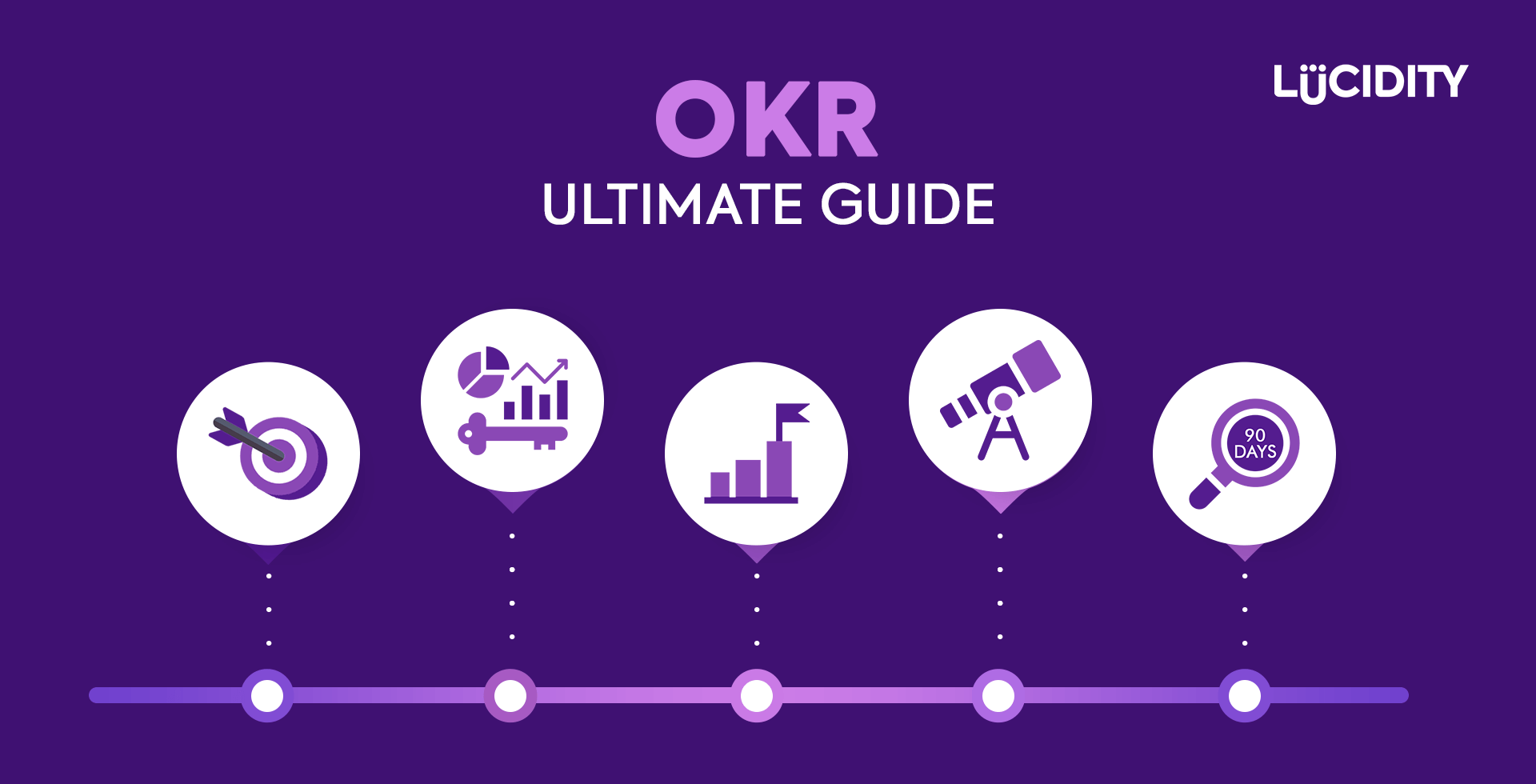One of the challenges around strategies is the sometimes academic language used to explain approaches to being sucessful within a market. In this article we’ll take a look at some of the common business strategies focused on your product or service and briefly describe each one.
Generally these strategies require investment to maintain, as they rely on being ahead of your competitors. They have similar names but are different approaches, so let’s take a look in more detail…
Differentiation Strategy
Differentiation as a strategy is where you focus on making your products or services stand out from competitor ones by adding high perceived value.
This can be done by focusing on innovation to generate unique features of a product or by establishing completely new offerings.
In this strategy you may still be offering a low price or undercutting a competitor, but you’ll be doing it in conjunction with developing unique value-add.
Differentiation Strategy is good for:
- When you have a strong innovation team
- When you maintain different features of your product or service
- When the product or service value is greatly enhanced by your new features
Differentiation Strategy is bad for:
- Products or services that are similar to the competition
- Brands that are seen as low value or quality
- Businesses that are low margins
Focused Differentiation Strategy
These strategies tend to get a little confusing in their naming, but stay with us! Focused Differentiation is the same as Differentiation, but you’re also doing it at a high price in the market.
When done well this strategy results in high profits but is the hardest to maintain, as competitors and ‘me too’ products start to appear at a cheaper price.
Focused Differentiation Strategy is good for:
- Where a brand have a high quality perception
- Where innovation teams are strong
- Where the core product features are consistently ahead of competition
Focused Differentiation Strategy is bad for:
- Companies that are not focused on the customer experience
- Low margin businesses
- Declining markets
Read Corporate Strategy VS Business Strategy: What’s the Difference?
Differentiation Focus Strategy
Another confusingly similar name, we know! This strategy has two aspects to it. The first is Differentiation, which is identical to Differentiation Strategy, in that you’re looking to stand out from the crowd with specific features, products, or services.
The second part is Focus, which highlights you’re targeting on a very niche marketplace. You’re looking to become leader in a particular niche market via the means of differentiation.
Differentiation Focus Strategy is good for:
- Specialist or niche expert companies
- Where businesses focus on understanding customers
- Where generalist competitors are trying to enter your market
Differentiation Focus Strategy is bad for:
- Markets that are too small
- Highly competitive marketplaces
- Businesses that cannot innovate
Differentiation Leadership Strategy
Finally comes Differentiation Leadership. This is similar to Differentiation Focus, but is where a business targets a large market or industry. It’s likely the most costly and difficult to maintain strategy.
Differentiation Leadership Strategy is good for:
- A business that has a product or service that has a wide market appeal
- Maturing markets or industries where some consolidation may occur
- Companies that can invest in innovation
Differentiation Leadership Strategy is bad for:
- Niche markets where products aren’t specialist enough
- Declining markets
Summary
There’s a few here with similar names so let’s have a quick cheat-sheet recap…
Differentiation Strategy
A strategy where you’re differentiating yourself on features, products or services.
Focused Differentiation Strategy
A strategy where you’re differentating yourself on features, products, or services and you’re intending to command a high price.
Differentiation Focus Strategy
A strategy where you’re differentiating yourself on features, products or services and you’re targeting a very niche market.
Differentiation Leadership Strategy
A strategy where you’re differentiating yourself on features, products or services and you’re targeting a broad market.









